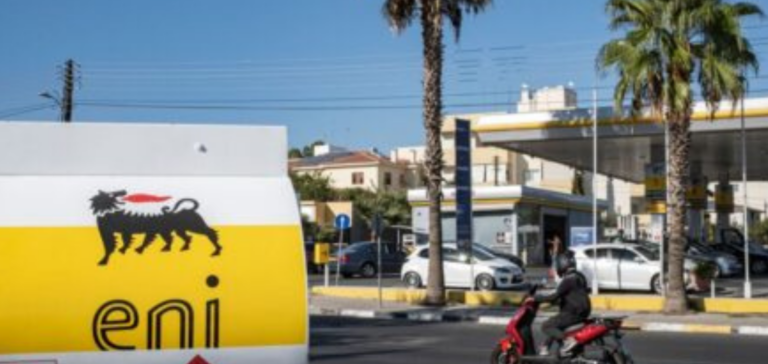The Italian competition regulator has imposed substantial financial penalties on several energy suppliers, including Enel and Eni. These two industries were the hardest hit, with fines of €10 million for Enel and €5 million for Eni. These sanctions follow accusations of unilateral tariff changes affecting over 4 million consumers.
Other Penalized Energy Companies
In addition to Enel and Eni, four other energy suppliers – Acea Energia, Iberdrola Clienti Italia, Dolomiti Energia and Edison Energia – were also fined. Although these penalties are less severe, ranging from 560,000 euros to 5,000 euros, they underline the extent of the practices deemed unacceptable by the Antitrust Authority.
Illegal Business Practices Exposed
Antitrust authorities have described the actions of these companies as aggressive commercial practices. These companies have manipulated consumers into accepting price increases, in direct violation of existing laws. This situation has been particularly worrying due to the economic tensions resulting from the war in Ukraine.
Impact of the War in Ukraine on Energy Prices
The context of this case is exacerbated by the war in Ukraine, which has led the Italian government to prohibit any increase in electricity and gas prices. Despite this ban, companies continued to send out communications encouraging acceptance of new tariffs, resulting in significant bill increases for consumers.
This Antitrust ruling is not limited to the fines imposed; it represents a clear warning to the entire energy sector. It underlines the importance of maintaining ethical and transparent business practices, particularly in times of economic and social crisis. The repercussions of this case could lead to a profound transformation in the way companies operate in Italy’s energy sector.
The Italian Antitrust Authority’s decision represents a crucial milestone in the regulation of the energy market, underlining the importance of compliance with government directives and consumer protection, particularly in economically tense times. This initiative could catalyze a significant change in business practices in the energy sector.






















